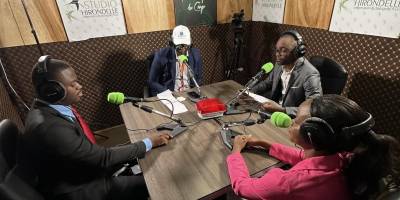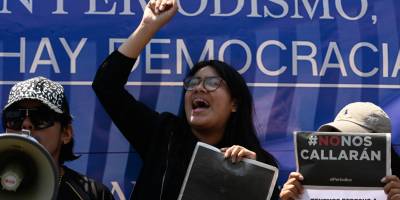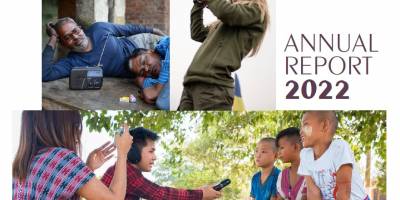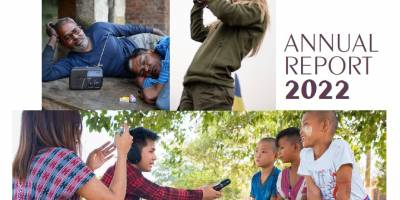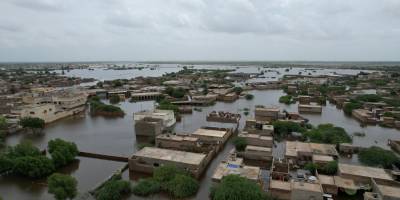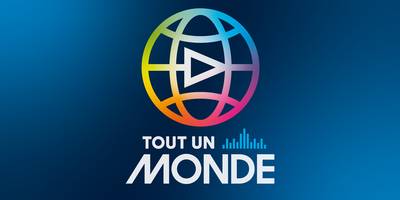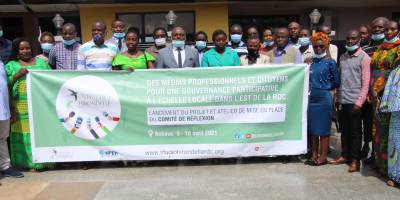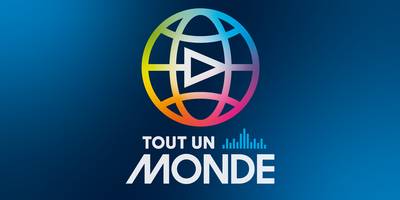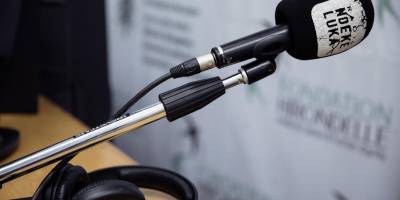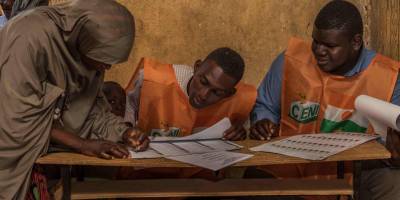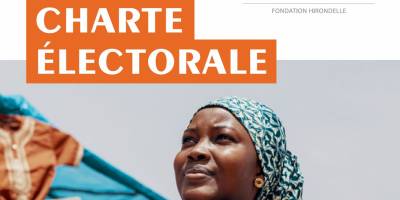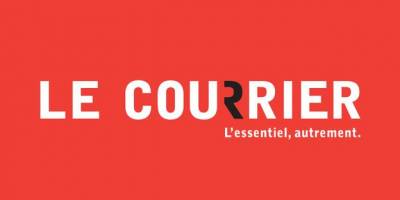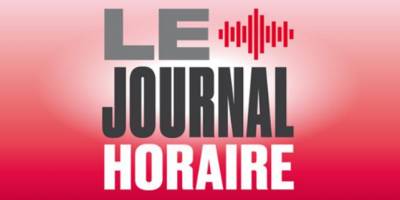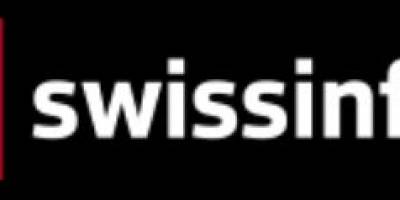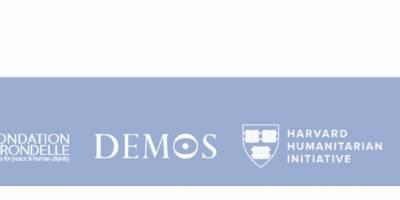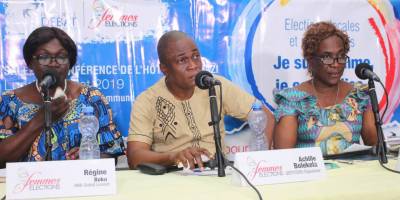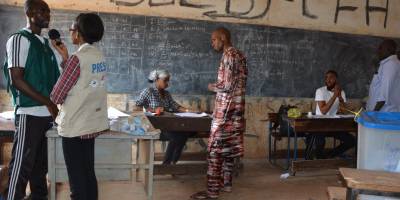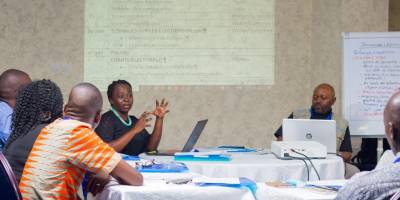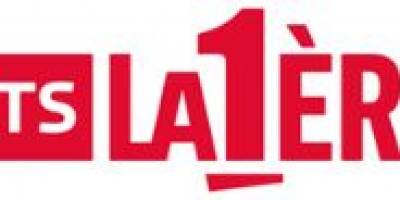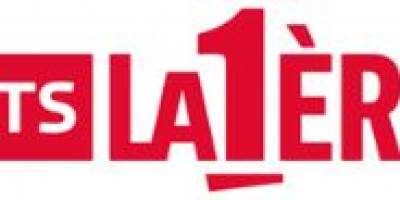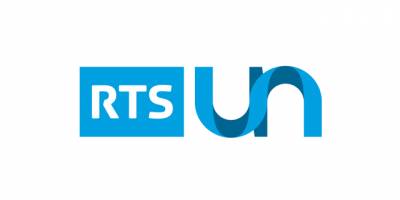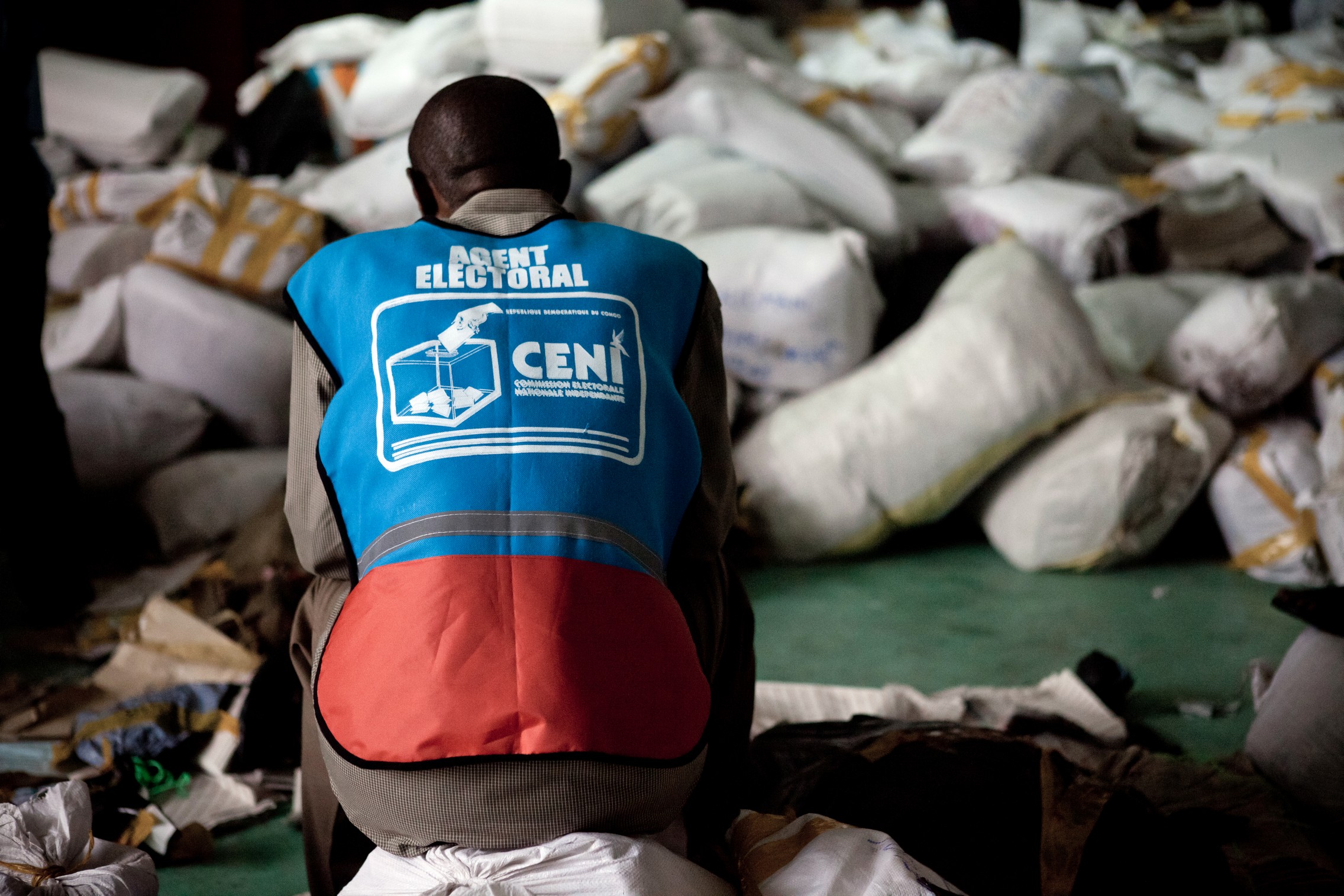
Context
An electoral cycle is a crucial moment for a country, a region, a society. It is not limited to the electoral campaign and the elections. It begins well before and continues between elections. A democratic process is based on a lasting dialogue between the population and its representatives. Civil society must be able to fully play its role. At every stage of this process, citizens have a critical need for accurate and verified information, to understand political and social issues and to be able to make informed decisions. They need to be able to have their voices and concerns heard so that they are taken into account by those who wish to represent them. This implies, on the part of the media, a real independence and an ability to adapt its workflow. Journalists, who are more exposed during an election period, must be vigilant to present accurate, complete, and balanced information.
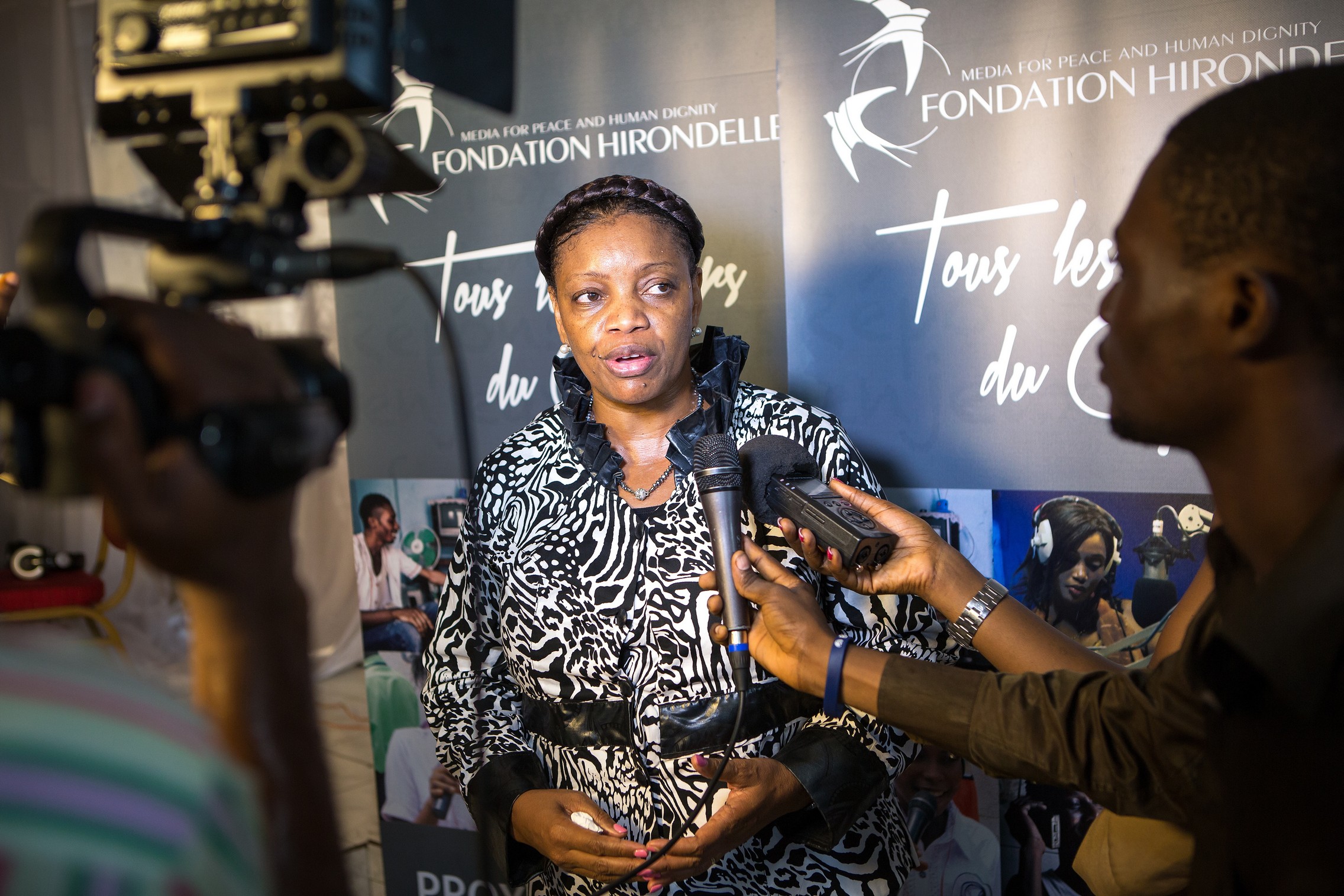
Our approach
Fondation Hirondelle has developed a rigorous and effective approach to the coverage of electoral processes based on more than 20 years of media experience in fragile contexts. We produce and broadcast specific programs through the most appropriate media to reach the widest audience, including special news bulletins, civic education spots, magazines presenting programs and candidates, debates giving voice to parties, civil society and the population, and interactive dialogues on social networks.
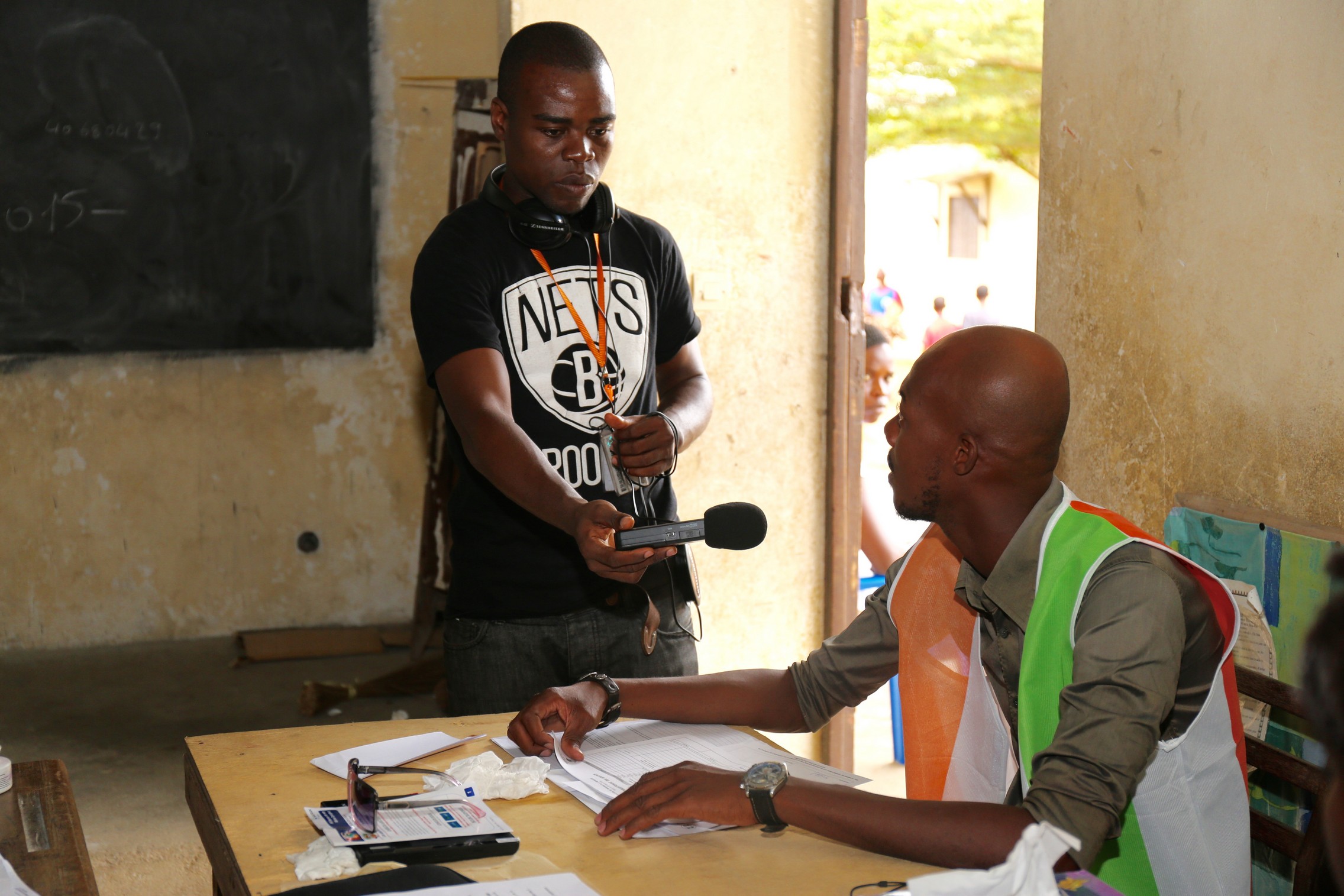
We support and train the media and civil society partners we have identified. Our media coverage is governed by an electoral charter that we develop for journalists and media sources with whom we work. It integrates local specific rules, international ethical and professional principles, and practical advice based on our experience. This document is shared with the political parties, institutions, and civil society organizations involved in the electoral process. It provides guidelines for independent, professional, and fair coverage of elections. This coverage is carried out by local journalists advised, trained and - if necessary - supervised by our experts. Programs are broadcast by the media partners, and / or by our existing media in the field, when applicable. We also work in partnership with local and international organizations recognized for their expertise in the field of electoral support, such as IFES (the International Foundation for Electoral Systems). Finally, our team monitors the project and sets up “focus groups” with the public to assess its impact.
Results
- The populations concerned understand the conduct of the electoral processes and their challenges, owing to the broadcast of factual and verified information
- Political and civil society leaders take the concerns of the population into account, thanks to media that make the voice of the public heard
- A culture of dialogue is strengthened between political actors, institutions, and civil society to foster an inclusive and peaceful democratic processes




